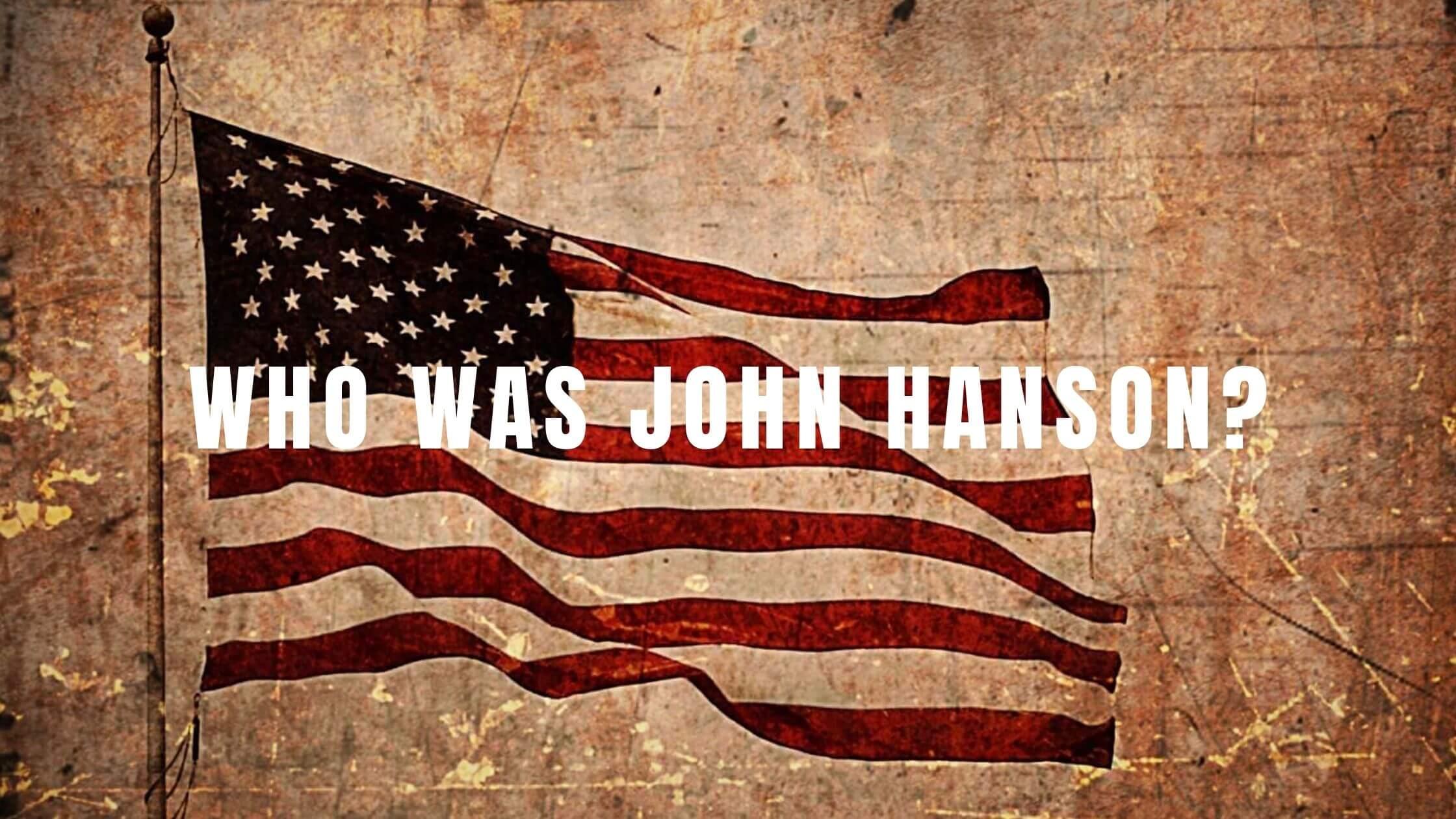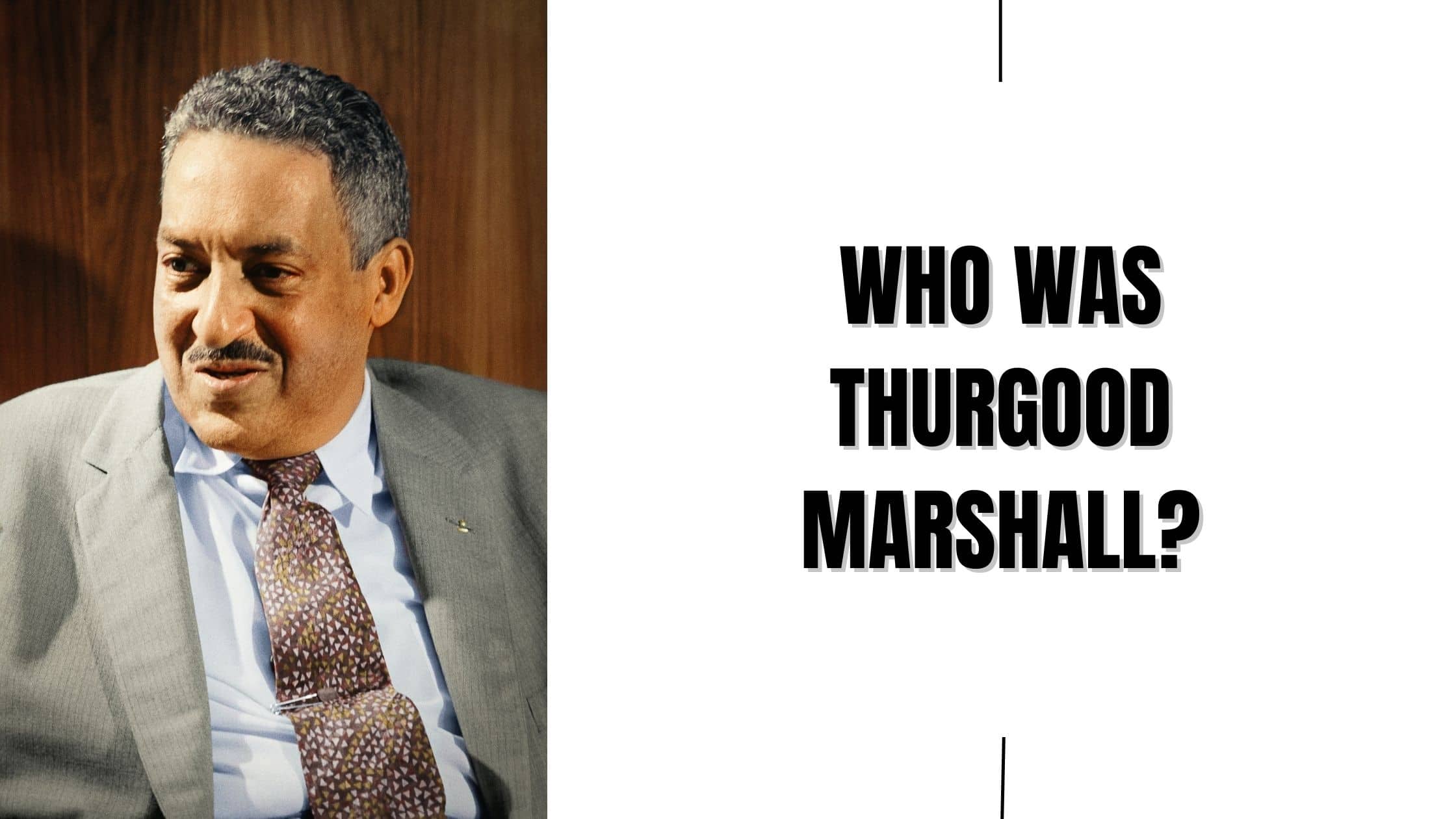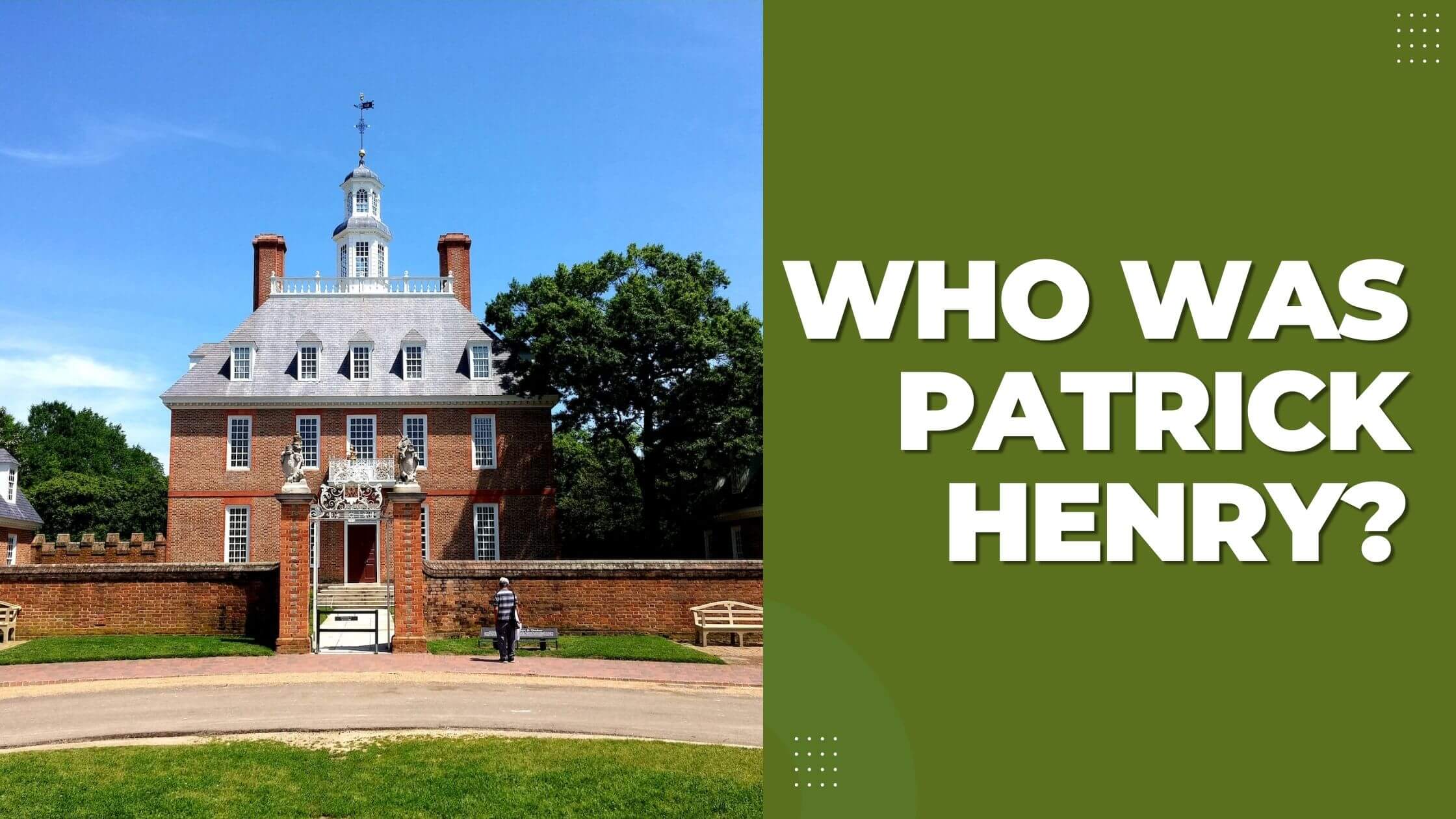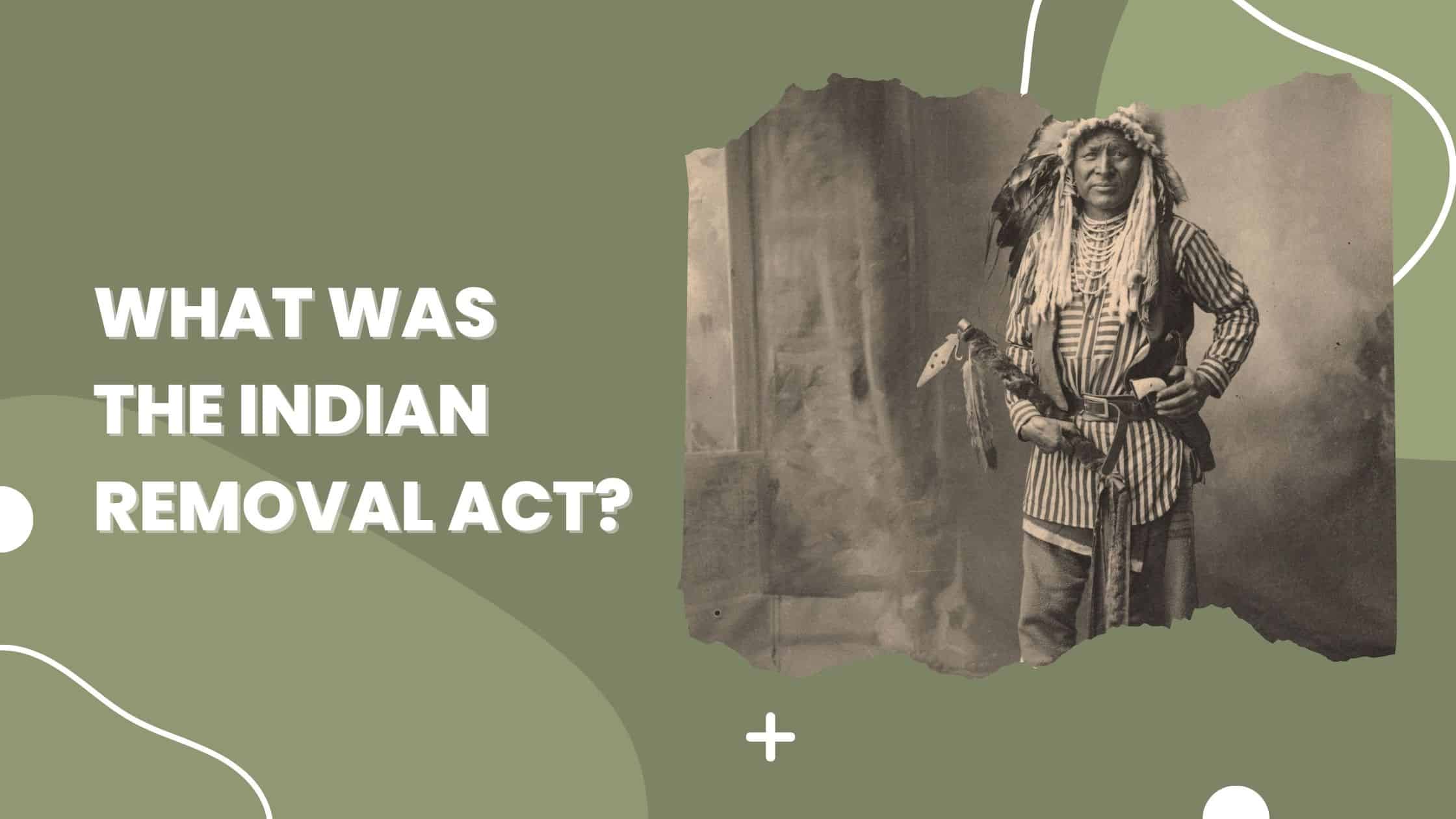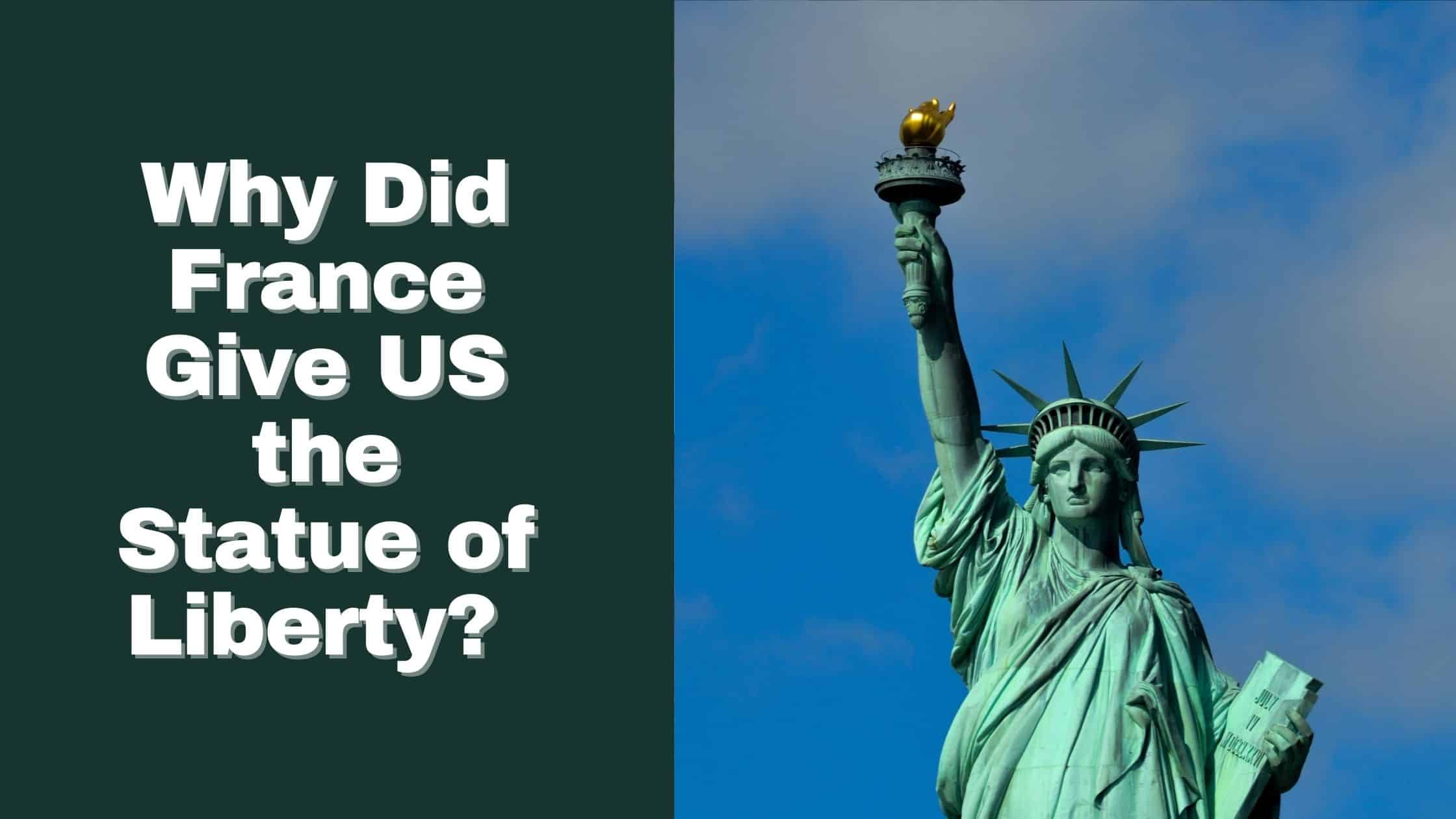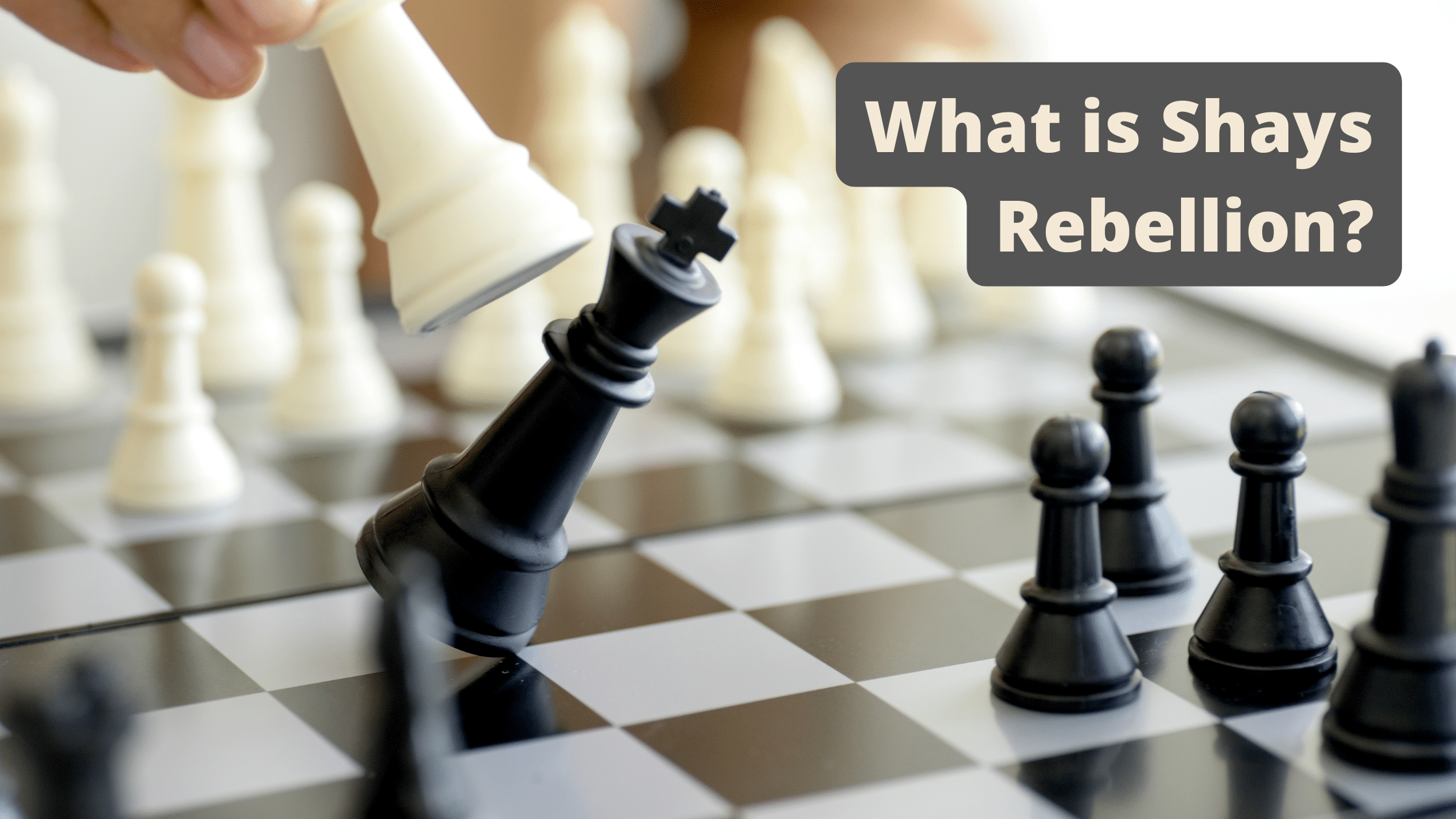Table of Contents
ToggleSources
- https://www.britannica.com/biography/Aaron-Burr
Britannica provides a comprehensive and authoritative biography of Aaron Burr, covering his early life, military career, political achievements, and the infamous duel with Alexander Hamilton. - https://www.mountvernon.org/library/digitalhistory/digital-encyclopedia/article/aaron-burr/
Mount Vernon's digital encyclopedia offers detailed insights into Aaron Burr's relationship with George Washington and his military career during the American Revolution, which is relevant to the post's claims about their mutual dislike. - https://www.history.com/topics/us-presidents/aaron-burr
History.com provides a well-researched overview of Aaron Burr's political career, including his vice presidency, the duel with Hamilton, and his later treason charges, aligning with the blog post's content. - https://www.loc.gov/item/2021667599/
The Library of Congress offers primary sources and historical documents related to Aaron Burr, including details about his treason trial and interactions with other founding fathers, supporting the post's claims. - https://www.princeton.edu/~achaney/tmve/wiki100k/docs/Aaron_Burr.html
Princeton University's resources provide academic insights into Aaron Burr's early education and his time at the College of New Jersey (now Princeton), which is relevant to the post's section on his early life.
Key Points
- Aaron Burr was the third vice president of the United States (1801-1805) and is best known for killing Alexander Hamilton in an illegal duel in 1804.
- Burr had a successful military career during the American Revolution but had a contentious relationship with George Washington.
- After the war, Burr became a successful lawyer and entered politics, serving in the New York State Assembly and as attorney general before being elected to the U.S. Senate.
- Burr's political career was marked by rivalry with Alexander Hamilton, which culminated in the infamous duel that killed Hamilton.
- Burr was later arrested for treason in 1809 for plotting to invade Mexico and create a secessionist uprising in the western U.S., though he was acquitted.
- Despite his acquittal, Burr was never trusted again and spent time in Europe trying to convince Napoleon to invade Florida.
- Burr returned to the U.S. in 1812, practiced law, and married a wealthy widow, but squandered her fortune and was divorced on the day he died in 1836.
- Burr is remembered as the only U.S. vice president to kill someone while in office and the only one to be tried for treason.
Summary
Aaron Burr was the third U.S. vice president (1801–1805) but is best known for killing political rival Alexander Hamilton in an illegal duel in 1804. His career was marked by controversy, including a treason charge for plotting to invade Mexico and secede western U.S. states, though he was acquitted. Burr died in 1836, remembered as a divisive figure who fell out of favor with key leaders like George Washington and Thomas Jefferson.
Aaron Burr in Brief
Aaron Burr, Jr., was born on February 6th, 1756, in Newark, New Jersey. He died on September 14th, 1836, in New York, after becoming the third vice president of the United States between 1801 and 1805. He is primarily remembered because he slew his rival, Alexander Hamilton, during an illegal duel in 1804. The end of his political career came in 1809 when he was arrested for treason.
Burr’s Early Life
Aaron Burr, Jr., was the grandson of the noted theologian Jonathan Edwards. Tragically, Aaron and his sister were orphaned while still relatively young and were brought up by their uncle.
Burr graduated at 16 from the College in New Jersey (which later became Princeton University). Burr then went on to study law, but these studies were interrupted by the American Revolution.
The American Revolution and a Successful Military Career
During the Revolutionary War, Burr served with Benedict Arnold. He was rapidly promoted to major and found himself on the staff of General George Washington. This transfer was not a good move for him, as General Washington disliked Burr as much as Burr disliked Washington. This mutual loathing resulted in Burr being transferred to the staff of General Israel Putnam.
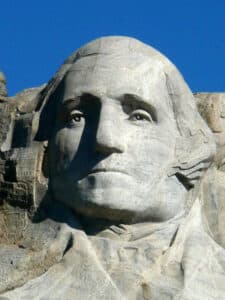
This posting was more successful than working under Washington, and Burr built a reputation for courage. Promotions continued, and he ended his military career as a lieutenant colonel in 1779 due to poor health.
Burr’s Career in Politics
In 1782, Burr completed his law studies and was admitted to New York State Bar. It did not take long before his burgeoning law practice became successful. It was around this time that he wed widow Theodosia Bartow Prevost. They remained married until 1794 when she died.

Get Smarter on US News, History, and the Constitution
Join the thousands of fellow patriots who rely on our 5-minute newsletter to stay informed on the key events and trends that shaped our nation's past and continue to shape its present.
During this period, his political career began to progress as quickly as his military career had, with a successful election to the New York State Assembly in 1784 and an appointment as attorney general in 1789, thanks to Governor George Clinton.
He won the United States Senate election in 1791, defeating General Philip Schuyler, who happened to be the father-in-law of his rival Alexander Hamilton. This victory did not endear him to Hamilton and laid the foundations for a bitter rivalry.
Things began to turn against Burr, and in 1796 he ran for the position of vice president and lost. This loss was followed by another defeat when he sought re-election, losing to General Schuyler. For two years, he retreated to state politics.
The Rise and Demise of a Vice President
In 1800, Burr’s fortune changed again, and he won the nomination for vice president on Thomas Jefferson’s Republican ticket. He won New York state, which contributed to a victory nationally for the Republicans.

The Electoral College process at the time provided for voters to cast their ballots for Jefferson and Burr with no specification which would be president or vice president. It turned out that both men tied with an equal number of votes, and it fell to the House of Representatives (Federalist controlled) to decide a winner.
There were three outcomes of this. First, Thomas Jefferson, who eventually won, lost faith in Burr and marginalized him during their term. Secondly, Hamilton so disliked Burr that he was seen to be responsible for Burr losing the tie break. The final factor was that the suspicion that Burr had tried to undermine Jefferson leading to him being very much disliked by party leaders. It was almost inevitable that Burr would never get another nomination.
The Hamilton Duel
In February 1804, some remaining New York legislature friends of Burr nominated him to fill the role of governor. Hamilton continued his campaign against Burr and passed out letters that contained negative comments about Burr, resulting in his defeat.
After that defeat, Governor Clinton was chosen to replace Burr as the vice-presidential candidate. Burr was convinced that Hamilton was the cause of his problems. Even though dueling was illegal in New York and New Jersey, Burr challenged Hamilton to duel at Weehawken, New Jersey. The two politicians faced each other on July 11th , 1804, and the result was that Hamilton was killed and Burr unhurt.
Regarded by many as a criminal and with arrest warrants issued, Burr fled to Philadelphia to contact a friend, General James Wilkinson. This meeting is where treason was first plotted between them.
Charges of Treason
General James Wilkinson was secretly working for Spain. Both men felt that a war with Spain was imminent, and Wilkinson and Burr plotted to invade Mexico and set up a government there. It is believed that they also planned to create a secessionist uprising in the west and join this to their new Mexican empire.
Wilkinson betrayed Burr, who was arrested as he tried to flee to safe Spanish territory. He was returned to Richmond, Virginia. This court was the closest federal court authorized to try a treason charge.
United States Supreme Court Chief Justice John Marshal presided over the hearing. Burr escaped with an acquittal because treason could only be committed at a time of war.
Later Years
Burr was always regarded with deep suspicion despite the acquittal and was never trusted again. Unable to deal with this, he left the United States, traveling to Europe, where he met with Napoleon and tried to convince him to invade Florida. Burr stayed in Europe for four years, struggling with debt.
In 1812, Burr returned to New York to practice law. He also married a wealthy widow called Elizabeth Brown Jumel. He managed to squander a great deal of her fortune in just a year, and she applied for divorce on the grounds of his adultery.
The divorce was finally granted on September 14th, 1836, which coincidentally was the same day that Burr died.
Burr Remembered
Burr is mainly remembered as the man who killed Alexander Hamilton. He is also remembered for his fickle loyalties and as someone who earned the enmity of both George Washington and Thomas Jefferson. He is the only United States vice president ever convicted of killing someone while in office and the only vice president to be tried for treason.
Who Is Aaron Burr? Quiz
Frequently Asked Questions
Who was Aaron Burr and what is he most remembered for?
What was the outcome of the duel between Aaron Burr and Alexander Hamilton?
Why was Aaron Burr charged with treason?
How did Aaron Burr's relationship with George Washington and Thomas Jefferson affect his career?
What were some key events in Aaron Burr's later years?
How useful was this post?
Click on a star to rate it!
Average rating / 5. Vote count:
No votes so far! Be the first to rate this post.
We are sorry that this post was not useful for you!
Let us improve this post!
Tell us how we can improve this post?

